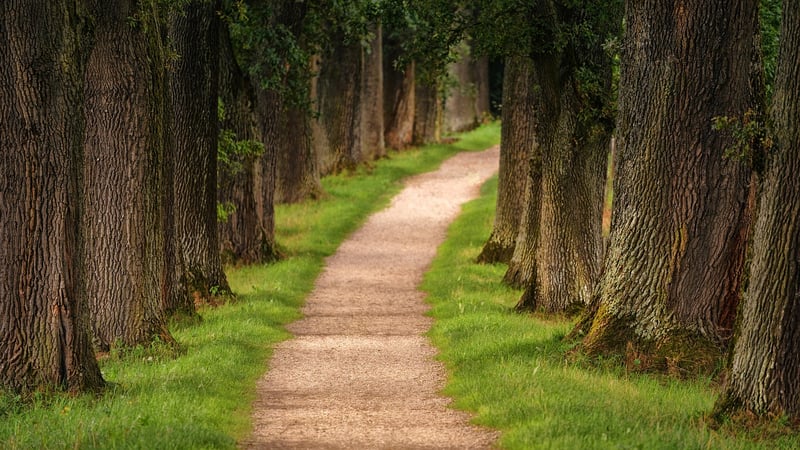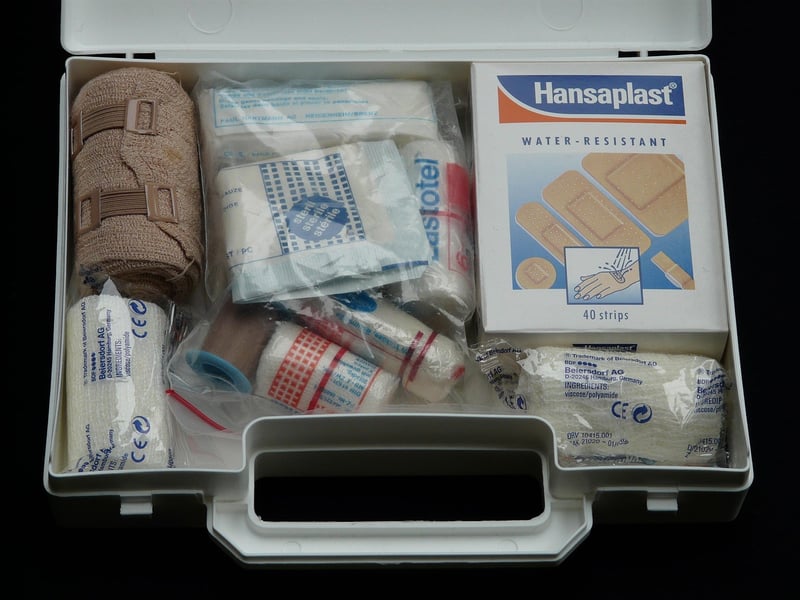First Aid Basics
Ensuring a Secure Journey + First Aid Basics
Introduction
Traveling can be an exciting experience, but it's essential to prioritize safety during your journey. Whether you're exploring a new city or embarking on a hiking adventure, being prepared for unforeseen circumstances is crucial. In this article, we will discuss how to ensure a secure journey and cover some basic first aid tips that can be useful in emergencies.
Ensuring a Secure Journey
Before you set off on your trip, here are some key tips to help you stay safe:
1. Research Your Destination
Learn about the local laws, customs, and potential risks of your destination. Understanding the area you're visiting can help you avoid dangerous situations.
2. Stay Connected
Share your itinerary with a trusted friend or family member. Keep important contact numbers handy in case of emergencies.
3. Pack Wisely
Carry essential items such as a first aid kit, medications, emergency contacts, and copies of important documents like your passport.
4. Stay Alert
Be aware of your surroundings at all times. Avoid risky areas and trust your instincts if something feels wrong.
First Aid Basics
Accidents can happen anytime, anywhere. Knowing some basic first aid techniques can make a significant difference in emergency situations. Here are a few essential first aid tips:
1. CPR
Cardiopulmonary Resuscitation (CPR) can save a life in case of cardiac arrest. Learn how to perform CPR properly.
2. Stop the Bleeding
If someone is bleeding, apply pressure to the wound with a clean cloth to stop the bleeding. Elevate the injured area if possible.
3. Treat Burns
Cool a burn with running water for at least 10 minutes. Cover the burn with a sterile gauze or clean cloth.
4. Treat Sprains and Strains
Rest, ice, compress, and elevate (RICE) can help alleviate pain and swelling from sprains and strains.
Conclusion
By taking proactive steps to ensure a secure journey and learning basic first aid techniques, you can be better prepared for any unexpected situations that may arise during your travels. Remember, safety should always be a top priority, so stay informed, stay prepared, and stay safe!


